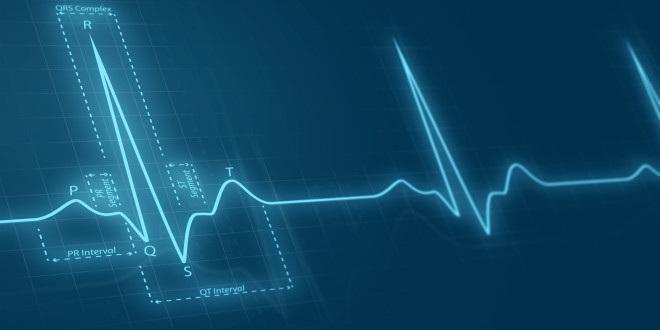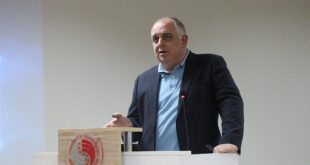Children’s Fifth Polyclinic pediatrician Mzia Chitidze spoke with CBW on the subject of Primary Healthcare reform in Georgia. Chitidze spoke about the achievements and challenges that in her view the Universal Healthcare reform faces in Georgia.
The pediatrician stressed the importance of Primary Healthcare for Georgia, especially in the case of children’s long-term medical treatment.
“Strengthening the primary health care system is not only necessary, but is of utmost importance. The value of primary health care is directly reflected in its title. Primary health care doctor is the very first person that the patient refers to in case of need.
The patients may not even refer to hospital treatment or call the hospital as often as they refer to primary medics who operate in their district. We cannot even consider eliminating primary healthcare.
On the contrary, this direction of the universal healthcare has to be strengthened, because it is much easier for the patient when a particular disease is detected at an early stage.
The management and treatment of diseases becomes easier and cheaper, when detected early on. Prevention and prophylactics of diseases is extremely important, thus primary health care remains the most important link in the entire healthcare system.
As for the reform, it would be great if the government implemented it and took into consideration practicing doctors’ opinions while doing so,” Chitidze said.
According to her, it is important that a family doctor follows a child’s health since the birth until the age of 18. “This way we are acquainted with the entire family, know what conditions the child is growing up in, and what are his or her health risks,” Mzia Chitidze shared with CBW. “The management of health risk factors becomes much easier and effective this way.”
Chitidze also spoke about the problems that the primary healthcare doctors are facing in Georgia.
“Services provided by the Universal Healthcare are an ideal option for the patient. This way, patients are not constrained by their economic situation. The only issue that needs addressing is our salaries. The salaries in private hospitals are reasonable and the officials might be under the impression that this is the case in the public sector as well. It’s not true – the primary healthcare doctors’ salaries are extremely overlooked.
This is the problem that everyone faces in my field. Me and my colleagues practically work on mere enthusiasm, and not material payment. Of course, everyone will be delighted if this issue is addressed during the health care reform.”
“Apart from this, doctors don’t receive any form of social benefits. For instance, we’ve never had benefits that teachers have. We don’t even have the basic corporate communications contract. It happens often that we communicate with patients by phone – they call us and tell us about their problems.
Doctors often have to call back their patients, but even this is not covered by their job. It will be very extremely beneficial to have some sort of leeway in this regard,” Mzia Chitidze said.
Primary Healthcare reform is the Ministry of Health initiative that will be undertaken together with the Universal Healthcare reform and the Hepatitis C Elimination Program. International consulting companyGlobal Alliance will assist the Ministry of Labour, Health and Social Affairs of Georgia in implementing the reform.

 Jandacva.ge
Jandacva.ge








